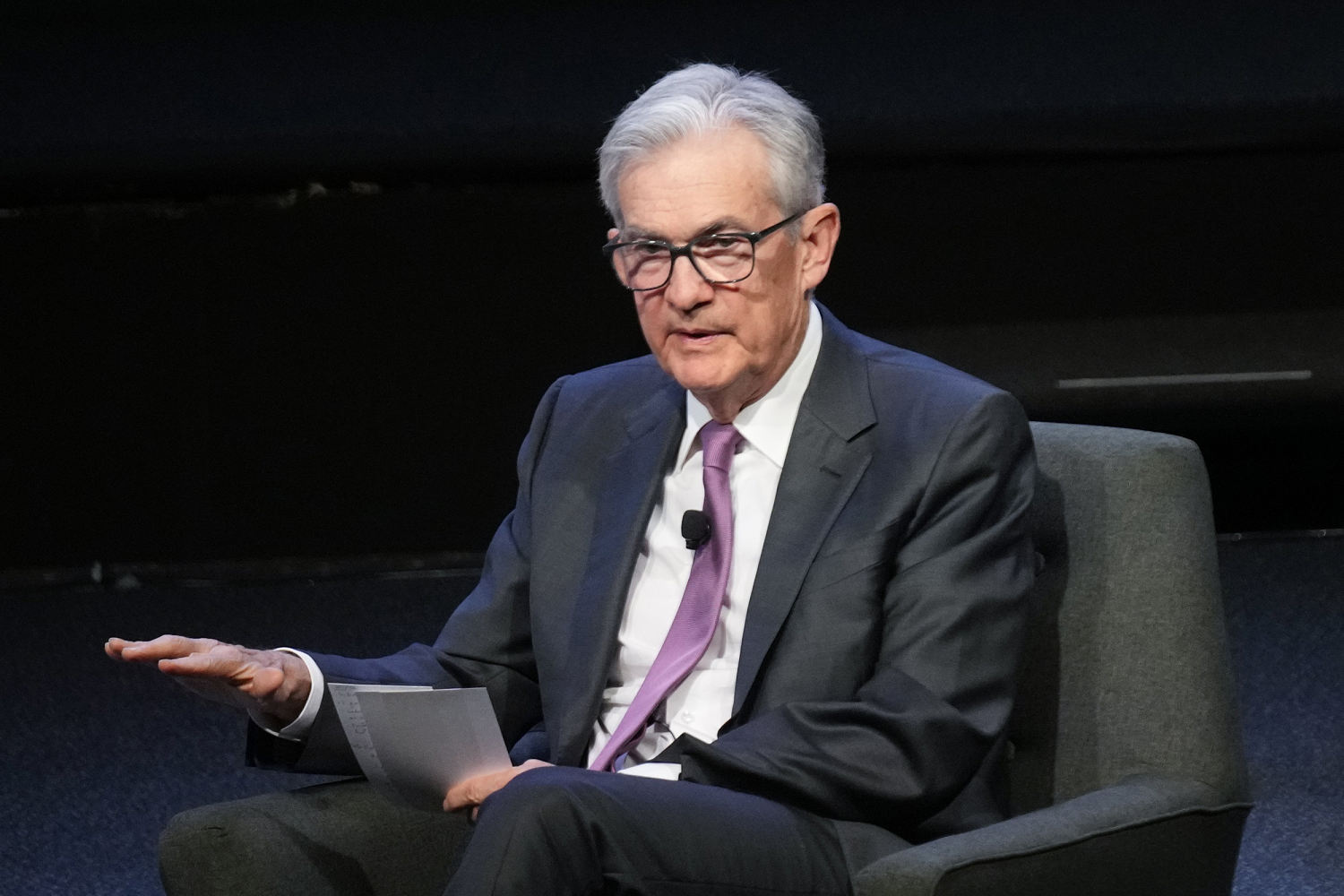[ad_1]

The Federal Reserve left interest rates unchanged Wednesday as it continues to track inflation and the health of the economy.
The central bank voted unanimously to leave its primary interest rate in the range of 5.25% to 5.50%. U.S. interest rates are the highest they’ve been in 23 years. That means interest rates on loans such as mortgages have gone up sharply, and so have payments on Treasury bonds and interest-bearing accounts.
Greg McBride, chief financial analyst for the financial services company Bankrate, said the Fed didn’t need to raise its benchmark rate because other interest rates have continued to rise.
“The spike in long-term interest rates since the beginning of August is doing a lot of the Federal Reserve’s dirty work for them,” McBride wrote earlier this week, adding that “Higher bond yields and mortgage rates have further tightened monetary policy on their own.”
Since the Federal Reserve’s last meeting in September, new data has showed that inflation is continuing to gradually come down. It’s still not clear if it’s coming down fast enough, or if it will continue to decline and get to the 2% annual level the Fed says it wants to see.
Projections by members of the Fed’s Open Market Committee, which makes decisions about raising or lowering interest rates, show that policymakers think it will take until 2025 or 2026 to get inflation to that level.
The Federal Reserve raised interest rates sharply from March 2022 through this summer as it tried to get inflation under control. Inflation had hit 40-year highs in mid-2022, peaking at 9.1% annually. By contrast, that rate was 3.7% in September.
Prices for most items haven’t come down over that time, but the slower increases have been a relief to some consumers. Wages have been rising faster than inflation lately, which makes it easier for people to afford goods and services.
In an ideal scenario, inflation would continue to come down even as the economy keeps growing indefinitely. Markets are concluding that this means interest rates will probably stay high for a long time.
However, it remains to be seen if inflation will keep declining the way the Fed wants, or if the central bank will need to raise interest rates further to make sure that happens. So far, the U.S. economy has stayed generally strong even though interest rates have spiked. The job market has also cooled off somewhat, but remains strong as well.
That’s good news in most cases, but faster economic growth can contribute to greater inflation. Some experts are worried inflation could flare up again and want the Fed to raise rates further to prevent that from happening.
According to the CME Group’s Fedwatch tool, which tracks futures trading, investors think there’s about a one-in-four chance that the Fed will raise rates in December during the Open Market Committees final meeting of the year.
[ad_2]
Source link
